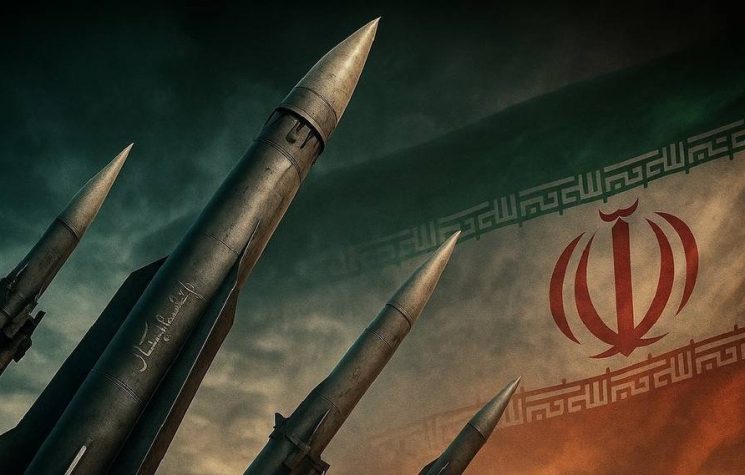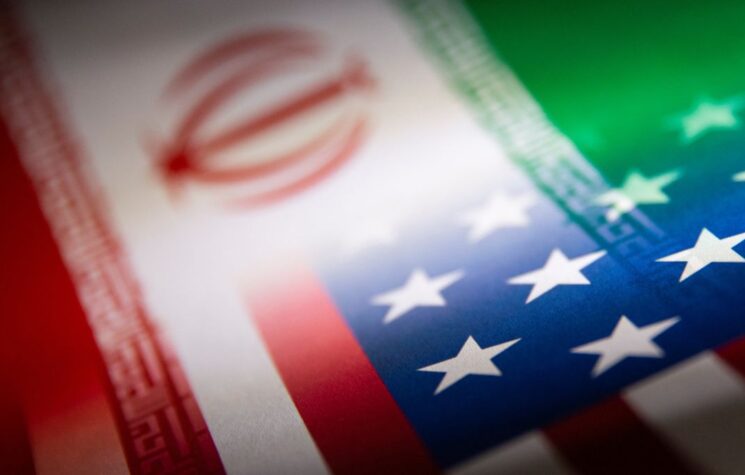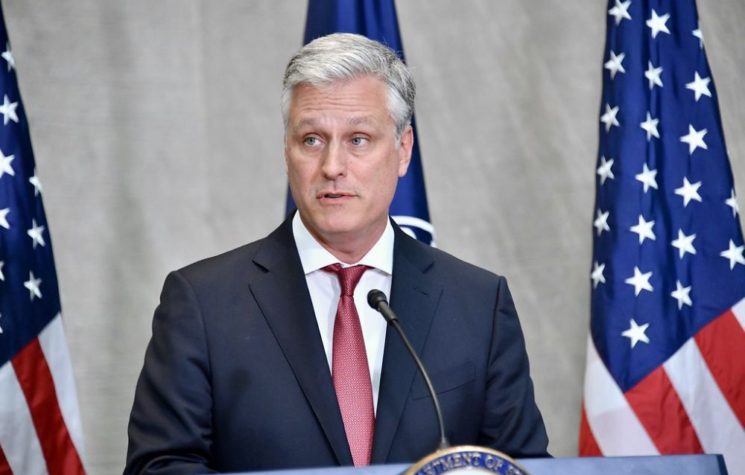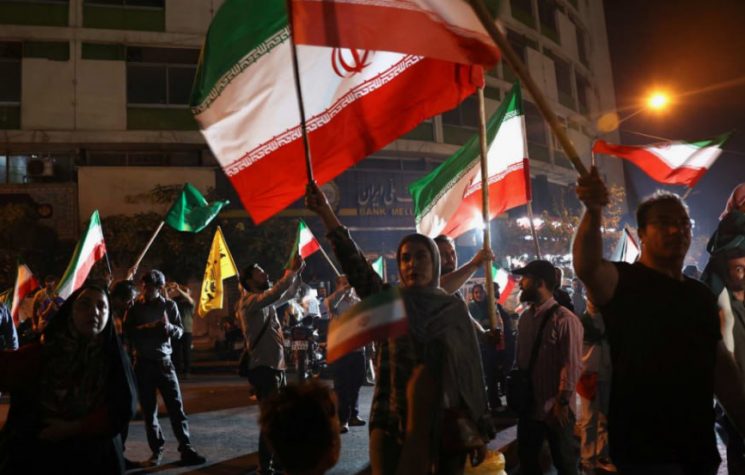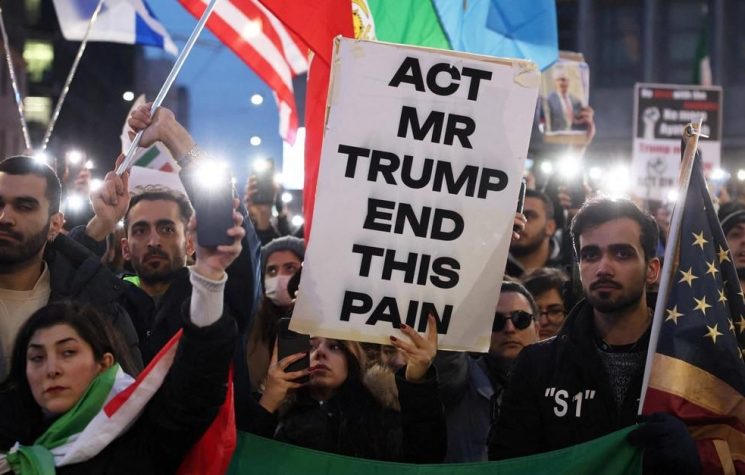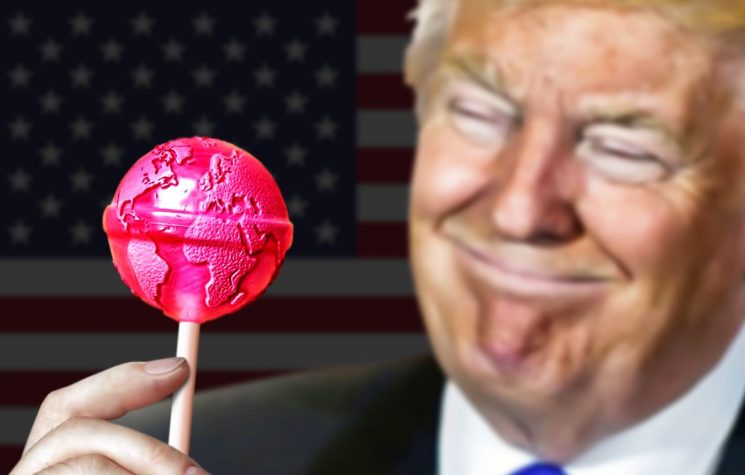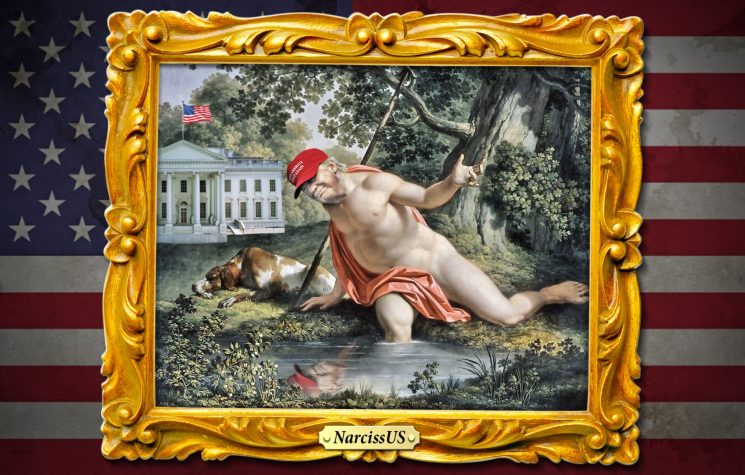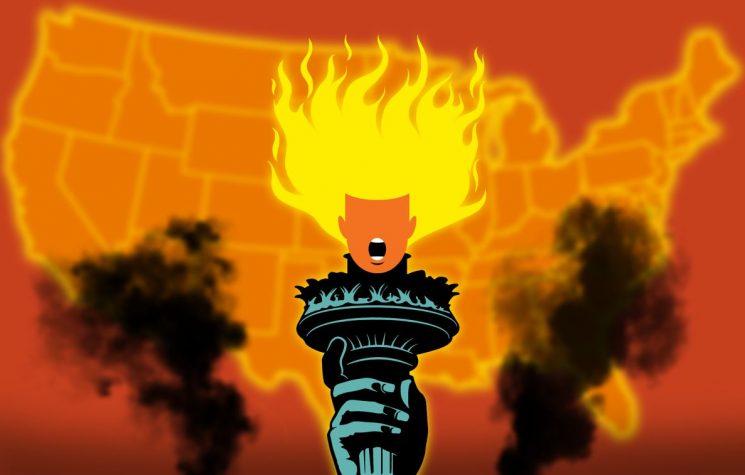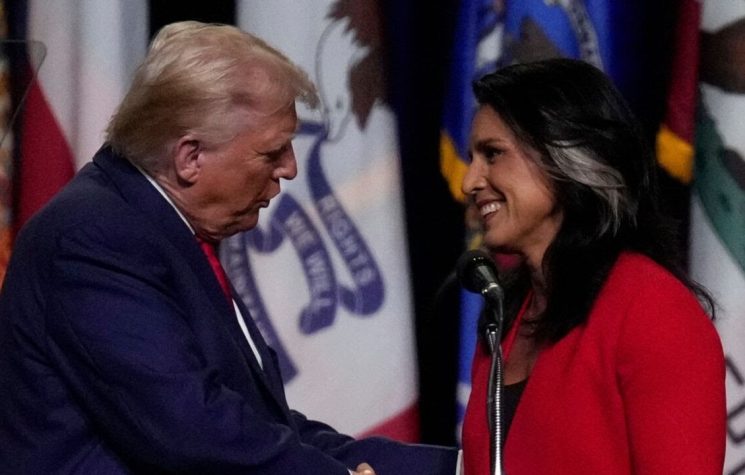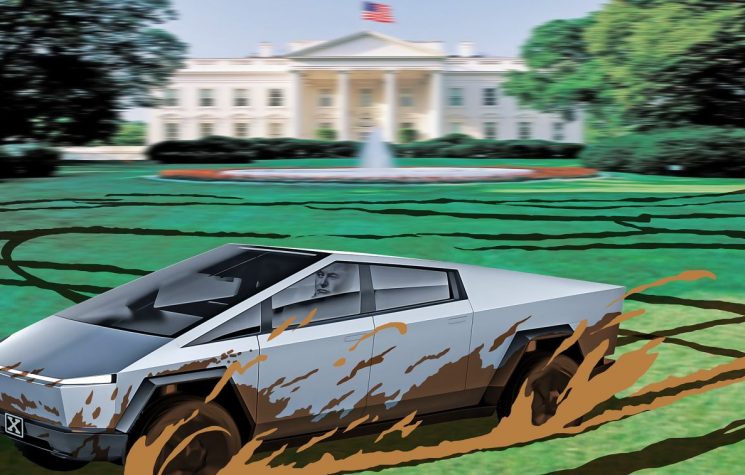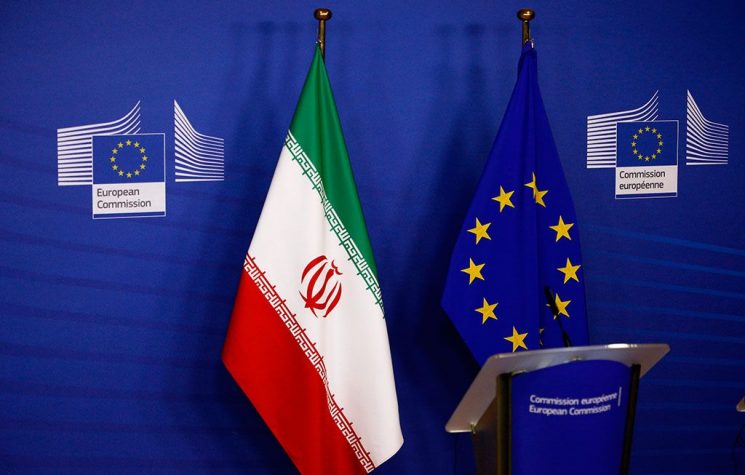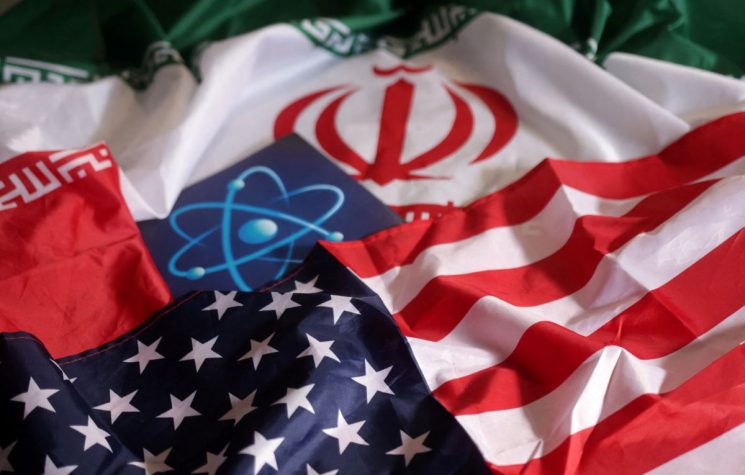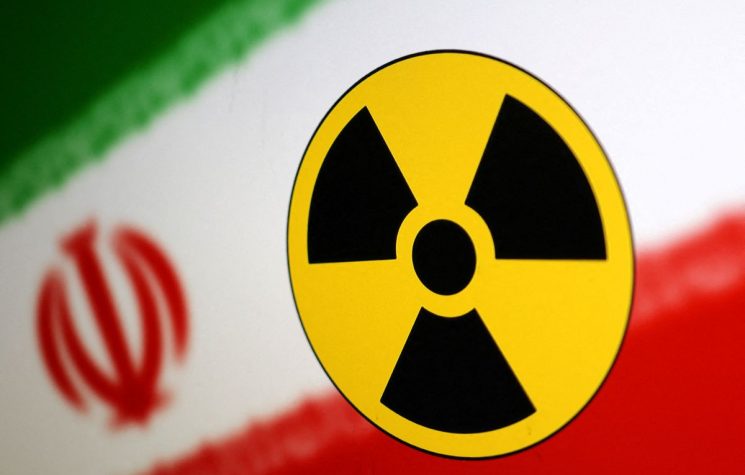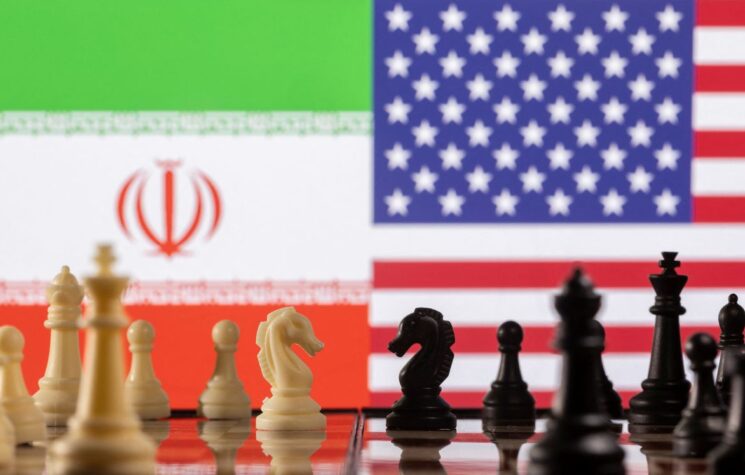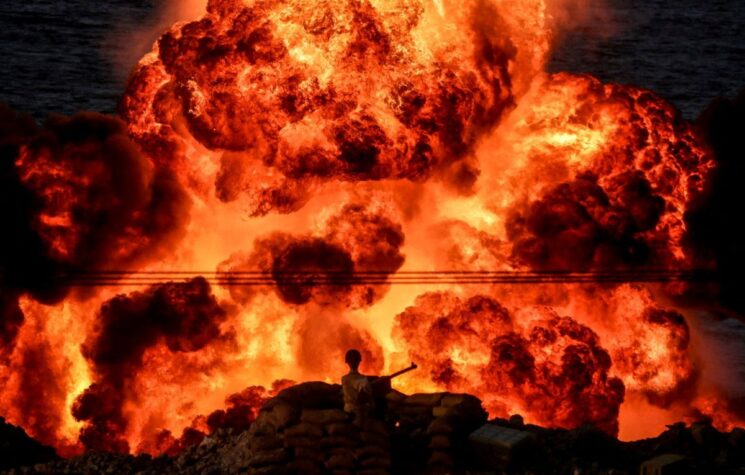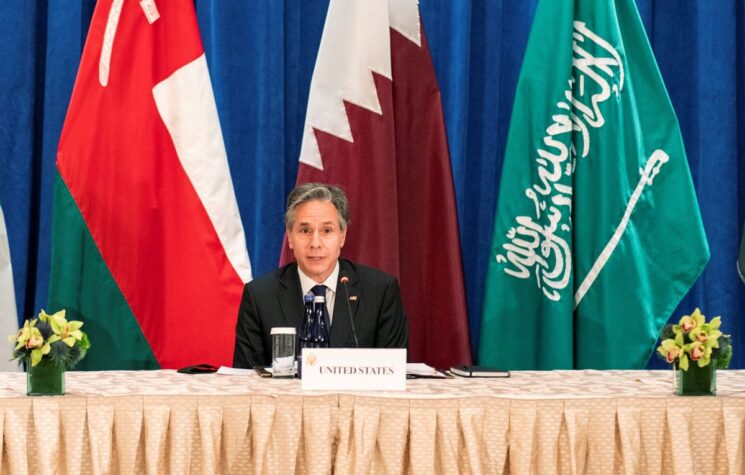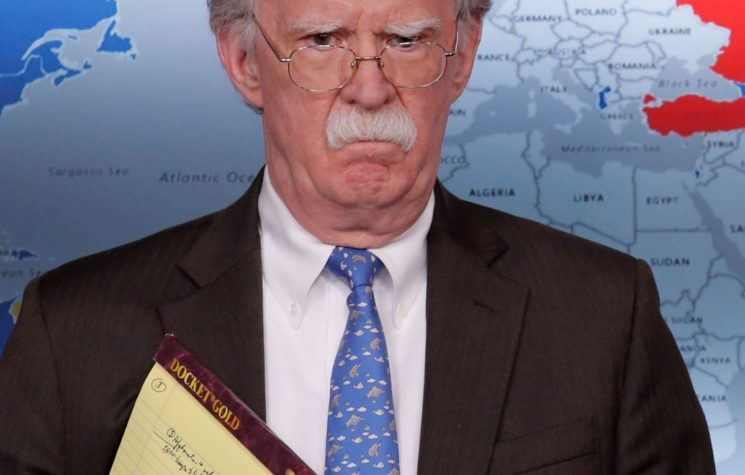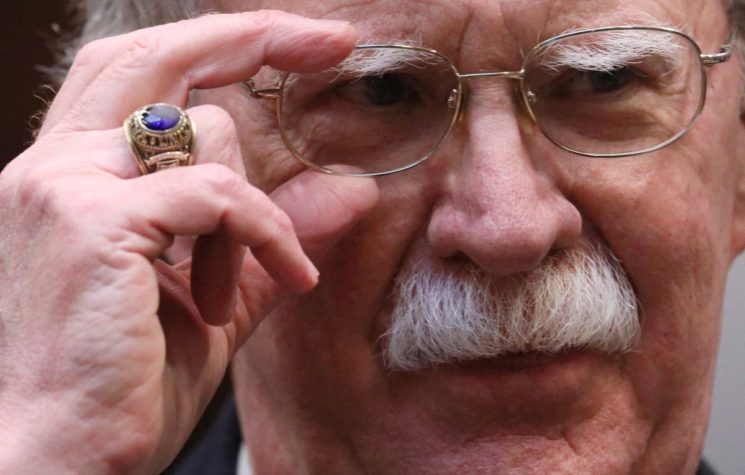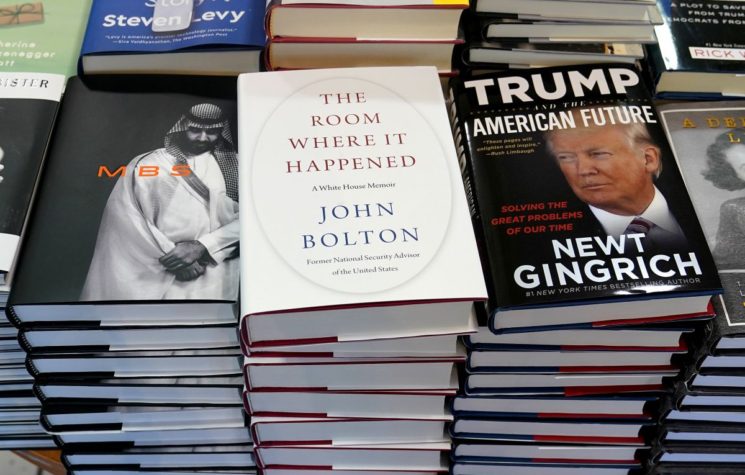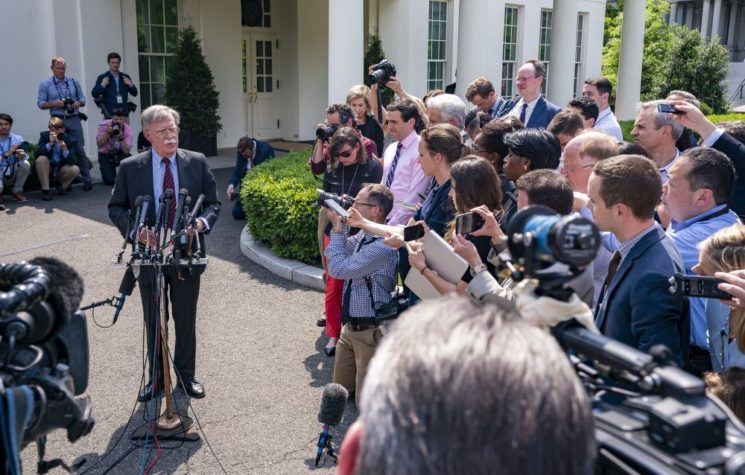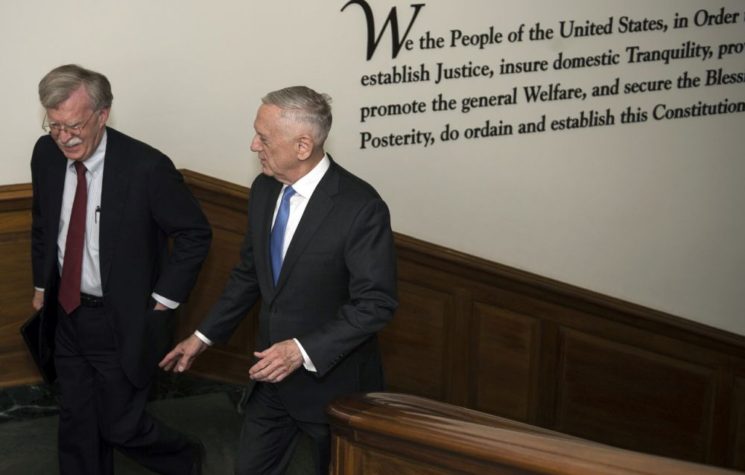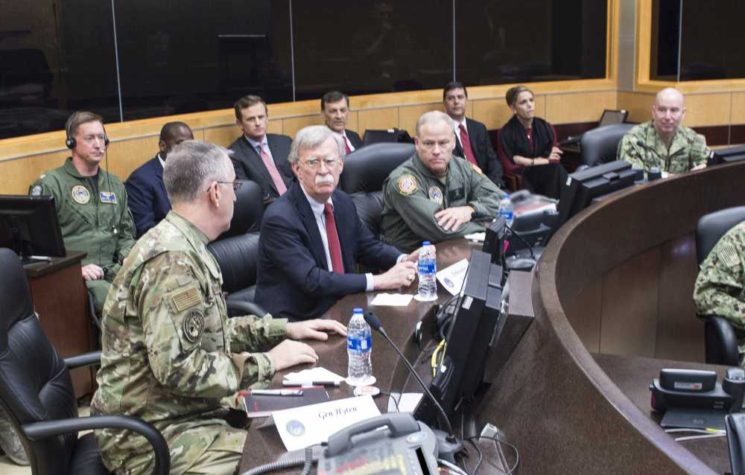It was a drop mic moment which drew the wrath of the British government and led the White House to issue stern statements. But when a British General based in the Pentagon told reporters that there was no new threat from Iran it was a bombshell for Trump and his cronies who are preparing for war.
In the space of 48 hours, Trump dismissed rumours from the New York Times that John Bolton was preparing 120,000 troops to be shipped to the Middle East to “defend” US troops there in the midst of a new “threat” from Iran.
But of course there is no new threat and we’ve been here before in 2003 with fabricated intel to justify the invasion of Iraq. This time round, the fabricated intelligence isn’t necessary though as someone in the Gulf of Oman conveniently attacked two Saudi oil tankers, which the White House is treating as an Iran attack – regardless of the evidence to suggest that Iran had nothing to do with it and it was probably staged by the Saudis themselves.
The tanker attack, which mysteriously didn’t involve anyone getting hurt, was probably staged by those who profit the most from Trump striking Iran, but who also wish to not get involved themselves in such a triumph of woeful stupidity – either the UAE, the Saudis or Israelis.
And here’s the crux of Trump’s problem with Iran. He, on the one hand is happy to build up tensions with Iran so that just before his 2020 election campaign he can fake the news again and claim that he saved America from a war there; on the other hand he has John Bolton who is absolutely busting to get a war going with Iran, but who is absurdly out of touch with a few military realities, like the cost of human life to both US servicemen and the destruction of Israel by Hezbollah. Just minor details.
But the real dilemma for Trump if he is to allow such madness to go ahead is that America would probably go it alone if it were to strike Iran. The big difference between the Iraq war in 2003 and what’s happening today is that Trump has no international allies to support the plan as none is buying the bullshit.
If Trump were to strike Iran, or any of Iran’s installations anywhere, Israel would need every single man, plane and rocket in its own country to deal with the Hezbollah retaliation there and so the idea of Israel sending men or jets to the region is folly, not to mention difficult given the distance and the problems of refueling etc.
Trump is happy with the bluff, which is not only extended to the White House press briefings or to the world’s media – and of course Iran – but to his own people who are pushing for an Iran strike. In the end, he believes he will not have to fool them or humour them with a climb down as Iran will back down when the tension really gets cranked up, and cover his dirty work.
What’s particularly worrying though is that while Pentagon officials off the record admit to US journalists that even though the moves by Iran are hardly a threat (“small stuff”), there is a concerted and very real plan to “draw Iran into a conflict with the US”.
It’s hard to imagine who is advising Bolton and Pompeo that a conflict of any sort in the region can bear fruit. Even Iran and Hezbollah’s greatest enemies struggle to see how the US could win such a venture when it is becoming increasingly clear that both US military in the region is vulnerable and that Iran’s allies in Lebanon, Yemen, Syria and Iraq will attack them immediately once the first shot it fired. Trump, a man who struggles to understand what a trade deficit is (he believes that there is a 500bn dollar deficit with China and that this figure in dollars is what the US actually loses – when in fact both the figure and the conclusion are both wrong) can’t get his head around some facts about a conflict with Iran.
It’s not simply that Trump is an blithering airhead driven entirely by his own rank insecurity and narcissism. It’s also that the entire campaign against Iran has been fabricated by him as a political spoil which he hopes to win, as a childish point against Obama.
“This is a crisis that has entirely been manufactured by the Trump administration,” said Vali R. Nasr, the dean of the Johns Hopkins School of Advanced International Studies.
He pointed to Mr. Trump’s decision to pull out of the Iran nuclear deal in May 2018, coupled with the administration’s failure to get any other nations to do so.










